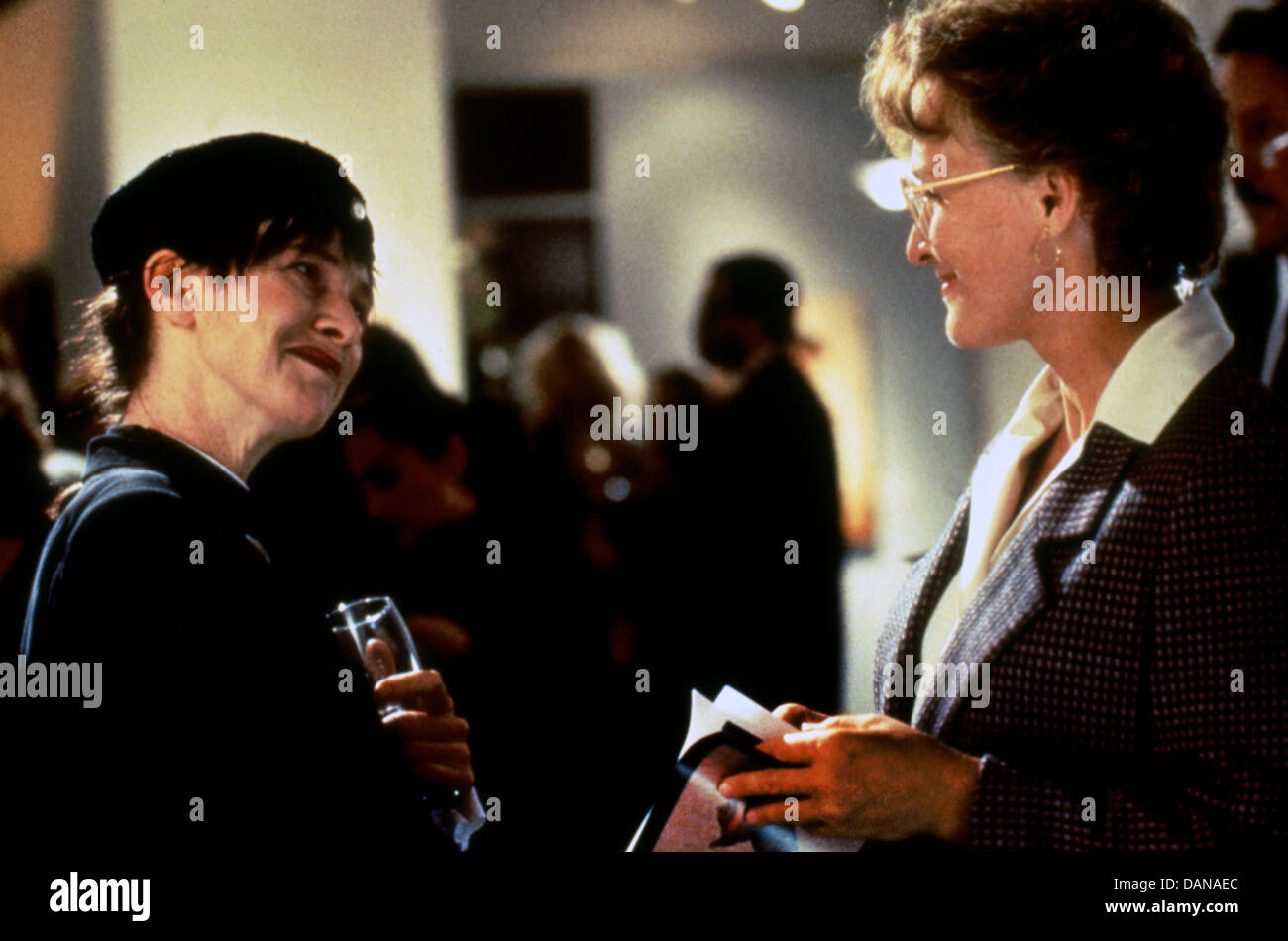

I feel a moral obligation to continue to fight against prejudice on behalf of all members of society. Have there been things in your own life that helped you identify with Margarethe’s story?īJS: As a Jew and as a woman, I can identify with those who have struggled against other’s intolerance. Everybody has a right to love and be loved by whomever he or she wishes. It’s very hard for me to watch this society being so intolerant to people other than those who exist in the kind of Ozzie and Harriet mode of what a family means.
SERVING IN SILENCE MOVIE
I’m making a movie about it called “The Normal Heart,” which is a love story between two men set against the beginning of the AIDS epidemic. Was it a challenge to show that these people are not unlike everyone else?īJS: I am very concerned with this issue of everybody’s right to love. I think, in a way, we are backward in this country, because, with all the countries that have integrated military-countries like Australia, Canada, Israel, France, Belgium, Sweden, Norway-without problems, why can’t it work here? That’s why each of us who cares about issues like this have to do a little part in some way to change it. Of course we don’t know what will happen when the cases come before the Supreme Court. How do you feel about where we stand now with the law and the military because of this case?īJS: “Don’t Ask, Don’t Tell” is something I don’t like, but it has advanced the cause a bit because the law was so unconstitutional that it has forced cases like Grethe’s and Keith Meinholt’s and Joe Stefan’s to come into the news and into the courts and be declared, so far, unconstitutional. What do you think Glenn Close brings to the role?īJS: Dignity, intelligence, presence, integrity. How would you describe Margarethe Cammermeyer?īJS: I have great admiration for Grethe, who served honorably in the military for 26 years with an unblemished record, and had the courage to fight back when she was dismissed from the Army for being a lesbian.īJS: I think the networks were a little worried at first, but NBC came through, and TriStar was really good about getting it done right away.

The fight here is about a person’s right to die for his or her country, and it’s so absurd that the issue has become about who is gay and whether or not they can defend their country. We need every capable citizen to participate in this country’s military. That’s what is so unjust to me, that the truth should get you into trouble.Īt what point did you decide that you wanted to make a film about this story?īJS: As soon as I read about it. It reminds me of a line from Shaw’s play, “Saint Joan,” which says “He who tells the truth shall surely be caught.” By Grethe’s telling the truth, she was caught. What was your personal reaction to this case?īJS: I’ve always believed in telling the truth, and I’ve found throughout my own career, that always got me into trouble. Jeff Bleckner directed.īarbra Streisand, Executive Producer, talks about Television, Margarethe, and her passion for the issue That became the motivation that held the movie together.”)Ĭlose shared executive producer credit for the movie with Barbra Streisand, Cis Corman, Neil Meron and Craig Zadan. Cross said, “I don't understand why Grethe would have said anything at all. The script was by Alison Cross(“Without the love story,” Ms. Close portrayed Colonel Cammermeyer-an Army nurse who received the Bronze star for her service in Vietnam-who declared herself a lesbian during a security clearance interview in 1989, which led to her discharge three years later. Serving in Silence was a made-for-television movie that aired on NBC Februat 9:00 p.m., with Glenn Close in the title role. On this page is a collection of stories and interviews surrounding Serving in Silence: The Margarethe Cammermeyer Story. “Serving in Silence” News Stories & Interviews


 0 kommentar(er)
0 kommentar(er)
